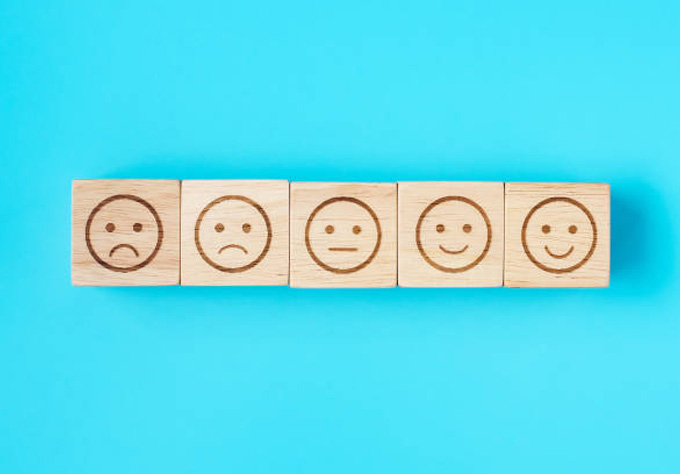Introduction
Anger is a normal, human emotion—one we all feel. It alerts us when something is wrong, unjust, or threatening. But when anger takes the driver’s seat too often or too intensely, it can damage your health, your relationships, and your sense of self.
At Focus Point Counselling, we believe anger isn’t something to fear or suppress—it’s something to understand and manage with awareness and care. Let’s explore what might be fuelling your anger and how it might be impacting your life.
Common Triggers: What Sparks Your Anger?
- Frustration: When things don’t go as planned, or you're blocked from achieving a goal, anger often steps in,
- Perceived Injustice: Feeling wronged, dismissed, or overlooked can ignite powerful emotions tied to our deep need for fairness,
- Disrespect: When our opinions or boundaries aren’t acknowledged, anger can flare in defense of our dignity and self-worth,
- Fear and Threats: Anger is often a mask for fear. Whether physical or emotional, perceived threats can spark anger as a protective response,
- Pain (Physical or Emotional): Ongoing pain can chip away at your patience and show up as irritability or angry outbursts,
- Unmet Expectations: Disappointment—especially from unspoken or unrealistic expectations—often transforms into frustration or resentment,
- Stress and Overwhelm: When life feels out of control or the pressure builds too high, anger can feel like a release valve.
How Anger Affects YOU
Anger doesn’t just come and go without leaving a mark. If left unchecked, it can:
- Harm Your Physical Health – Chronic anger is linked to high blood pressure, headaches, heart disease, and a weakened immune system,
- Affect Your Mental Health – Uncontrolled anger often leads to anxiety, depression, and guilt,
- Disrupt Decision-Making – Angry decisions are usually reactive rather than reflective—leading to regret later,
- Lower Your Self-Esteem – When your anger hurts others or leads to consequences you didn’t intend, it can create cycles of shame.
How Anger Affects OTHERS
Even if you feel justified in your anger, the ripple effect can be significant:
- Damaged Relationships – Angry outbursts or passive-aggressive behaviors can strain emotional bonds and create distance,
- Loss of Trust and Safety – Those around you may begin to feel unsafe or “on edge,” anticipating your reactions,
- Role-Modelling Poor Coping – Whether with children, colleagues, or partners, your response to anger teaches others how to deal with conflict—consciously or not,
- Escalating Conflict – Anger often invites defensiveness, triggering a cycle of arguments, blame, or avoidance.
What Can You Do About It?
Anger doesn’t have to control you. With awareness and tools, you can transform it into something constructive. Here's how:
- Build Self-Awareness – Journal or reflect on your anger triggers. What patterns do you see?
- Practice Mindfulness & Calming Techniques – Breathing, meditation, or simply taking a pause can regulate your nervous system before anger escalates.
- Communicate Clearly – Learn to express frustration assertively rather than aggressively. State your needs, not just your emotions.
- Get Support – If anger is impacting your quality of life or relationships, working with a counsellor can be a life-changing step.
Anger is powerful—but it doesn't have to be destructive. When you take the time to explore its roots and impacts, you create space to respond with intention rather than react out of habit.
If this resonates, or if you’re struggling with anger in your life or relationships, you don’t have to figure it out alone.
Reach out to Vikki at Focus Point Counselling via the buttons below

